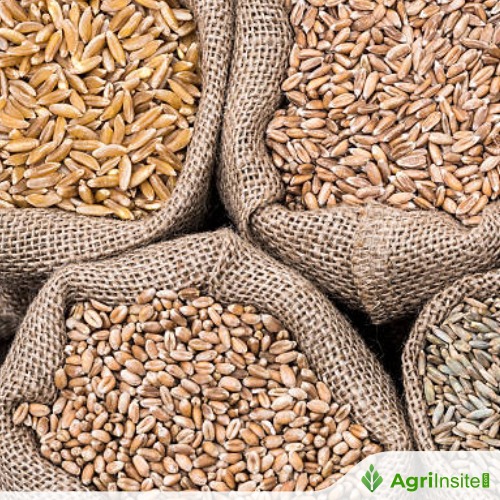Pakistan : Wheat crisis after sugar shock

Wheat prices in Punjab have surged to Rs 3,100 per maund as official caps of Rs 2,900 for wheat and Rs 1,750 for flour go unenforced. Hoarding, weak oversight, and erratic policy—mirroring the sugar market fiasco—have fueled speculation. Experts urge transparent imports, stricter monitoring, and consistent regulation to protect consumers and food security.
The government’s approach to food markets continues to betray a lack of understanding of the simplest demand and supply dynamics.
Wheat has climbed to Rs 3,100 per maund after a steep rise over the past month, flour is more expensive by Rs 500 for a 20kg bag, and the official price cap announced by Punjab is being openly ignored. The result is another food market sliding out of control, just weeks after the sugar fiasco exposed similar weaknesses.
The decision to withdraw from wheat market regulation without a transparent framework has proved reckless. Critics are right to argue that the sudden abdication of oversight created an opening for hoarders, who withheld stocks until prices crossed Rs 3,250 before releasing them into the market. This is not a demonstration of supply discipline; it is a demonstration of speculation thriving where the state has no grip.
Punjab’s reserves of just over 2.5 million tonnes, divided between public and private hands, cannot sustain demand until the next harvest in April 2026. This fact alone should have dictated caution in policymaking. Instead, the government created space for uncertainty, and uncertainty in staple commodities is quickly monetised by middlemen.
Importing wheat is already being discussed as inevitable, but imports will only come at higher cost and add to existing pressures on households and on the external account.
The absence of authority on the ground is equally damaging. A price cap of Rs 2,900 for wheat and Rs 1,750 for flour was notified; but with no enforcement it has become meaningless.
The provincial government’s Special Assistant on Price Control and Commodities Management was not even available to comment on the situation. A state that cannot enforce its own announcements, or even explain its position to the public, has little credibility when asking consumers to trust its policies.
This failure repeats an all too familiar cycle. The sugar market was destabilised by an equally inconsistent policy, where exports were allowed without securing domestic supply, then hoarding went unchecked until prices surged.
The wheat market is now on the same path, showing that the lessons of one crisis have not been applied to another. In each case the consequence is the same: consumers pay while profiteers benefit, and the credibility of the state erodes further.
Stakeholders in the flour milling sector have urged a proactive approach, including supplementing stocks well before shortages turn critical. They warn that without corrective action, prices will continue to rise. These warnings should not be brushed aside. In a country where wheat is the mainstay of diet and food security, leaving its market to the mercy of traders and hoarders is not just negligence, it is malpractice.
The government must immediately restore discipline to the market. Imports should be planned in advance and announced transparently to prevent speculative spikes. Monitoring and releasing reserves must be carried out with urgency, and notifications must be backed by real enforcement.
Above all, policy must be consistent and predictable. Oscillating between excessive control and sudden withdrawal has produced nothing but volatility.
To Read more about Wheat News continue reading Agriinsite.com
Source : Business Recorder
















